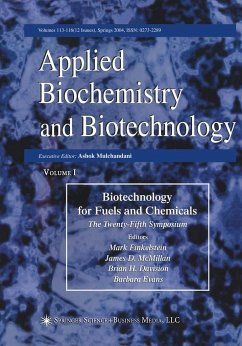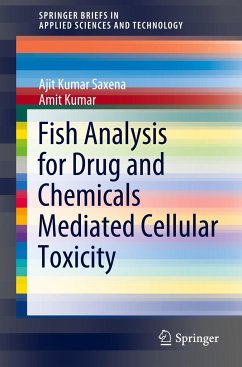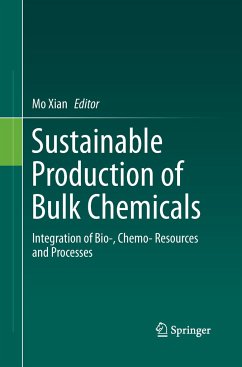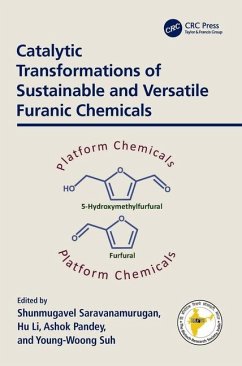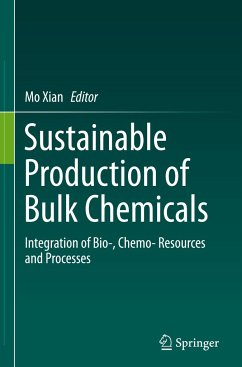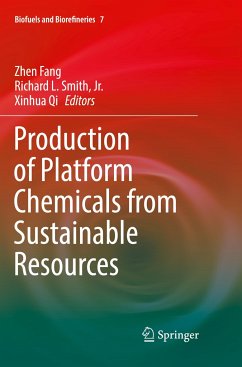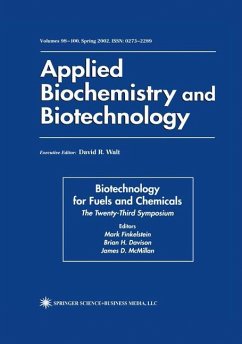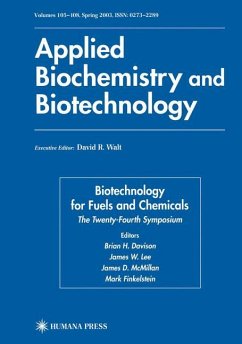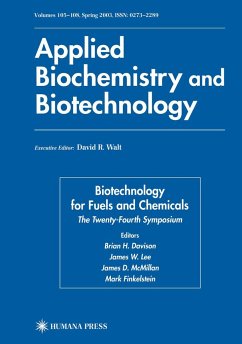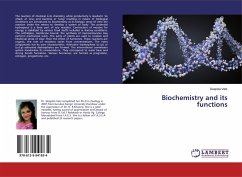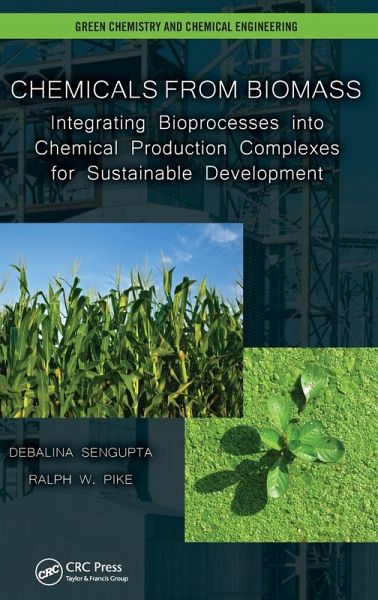
Chemicals from Biomass
Integrating Bioprocesses into Chemical Production Complexes for Sustainable Development
Versandkostenfrei!
Versandfertig in 1-2 Wochen
238,99 €
inkl. MwSt.
Weitere Ausgaben:

PAYBACK Punkte
119 °P sammeln!
Chemicals from Biomass: Integrating Bioprocesses into Chemical Production Complexes for Sustainable Development helps engineers optimize the development of new chemical and polymer plants that use renewable resources to replace the output of goods and services from existing plants. It also discusses the conversion of those existing plants into facilities that are based on renewable resources that may require nonrenewable resource supplements. Relying on extensive reviews of biomass as feedstock and the production of chemicals from biomass, this book identifies and illustrates the design of new...
Chemicals from Biomass: Integrating Bioprocesses into Chemical Production Complexes for Sustainable Development helps engineers optimize the development of new chemical and polymer plants that use renewable resources to replace the output of goods and services from existing plants. It also discusses the conversion of those existing plants into facilities that are based on renewable resources that may require nonrenewable resource supplements. Relying on extensive reviews of biomass as feedstock and the production of chemicals from biomass, this book identifies and illustrates the design of new chemical processes (bioprocesses) that use renewable feedstock (biomass) as raw materials. The authors show how these new bioprocesses can be integrated into the existing plant in a chemical production complex to obtain the best combination of energy-efficient and environmentally acceptable facilities. This presented methodology is an essential component of sustainable development, and these steps are essential to achieving a sustainable chemical industry. The authors evaluate potential bioprocesses based on a conceptual design of biomass-based chemical production, and they use Aspen HYSYS® and Aspen ICARUS® to perform simulations and economic evaluations of these processes. The book outlines detailed process designs created for seven bioprocesses that use biomass and carbon dioxide as feedstock to produce a range of chemicals and monomers. These include fermentation, transesterification, anaerobic digestion, gasification, and algae oil production. These process designs, and associated simulation codes, can be downloaded for modification, as needed. The methodology presented in this book can be used to evaluate energy efficiency, cost, sustainability, and environmental acceptability of plants and new products. Based on the results of that analysis, the methodology can be applied to other chemical complexes for new bioprocesses, reduced emissions, and energy savings.





